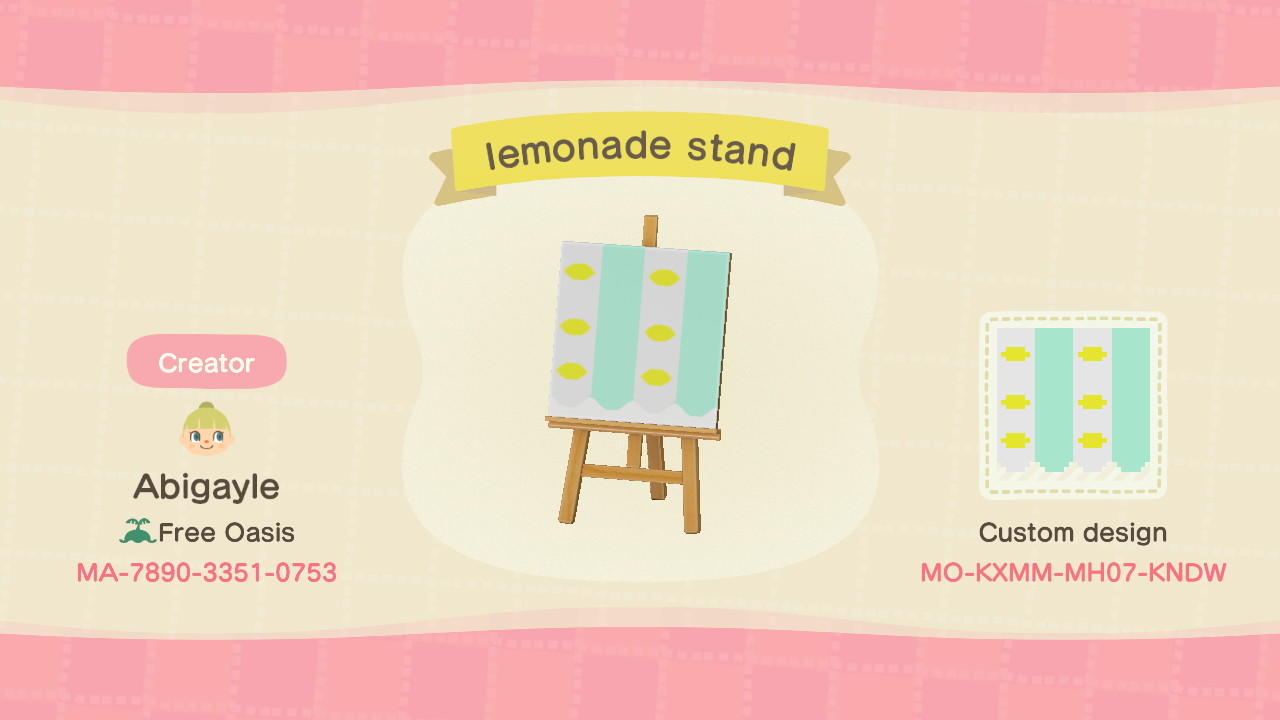


As more players join the community – it grows from infancy to childhood through its “teen phase.“ No longer a child, a game in its teenage years is when a gaming community is solidified, and gets ready to move on to “adulthood,” with the establishment of the game as a true influence and a major brand in the gaming world. It’s here that the true mettle of the fledgling community is tested. a good PR firm or marketing person will get the word out that a) there’s a new, great, fun, and interesting game, and b) it’s already got a loyal group of followers who will welcome newcomers into the fold.Īs new members come in, it’s important to groom them as well, with “treats” and positive reinforcement – communications, notifications, personal contact, etc., to make them feel a part of something. Social media, blogs, special gaming events, press releases, etc. This core group now becomes the front-line shock troop squadron with which managers can build a true following. That’s the core group that managers should get to know, communicating with them personally, taking their suggestions and integrating them in the game – in short, giving them a stake in the community, as founding members. And, of course, it’s important to reach out to everyone you have ever met online and in person and notify them that you have a new venture.Ĭhances are that most of those who respond will back out, but a small group – one that the game appeals to – will remain. For example, many new users will be willing to try out a new game as part of an alpha or beta test, members of an exclusive club whose opinion matters. You have to start somewhere, and that somewhere is a core community, a small group of insiders that can act as a base for further “expansion.” To entice that initial group, game marketers (or their community managers) can build up a following by nurturing followers on social media, offering them an insider link to a new game or other benefits.
#COOL LEMONADE STAND GAMES HOW TO#
Actually, the solution is rather simple to get a lot of people to play a game, all you have to do is develop a community around a title, brand, or series, to create a group that will grow organically (provided, of course, the game is appropriately challenging and exciting) Here are some ideas on how to get “there” from “here.” Get to the core


 0 kommentar(er)
0 kommentar(er)
